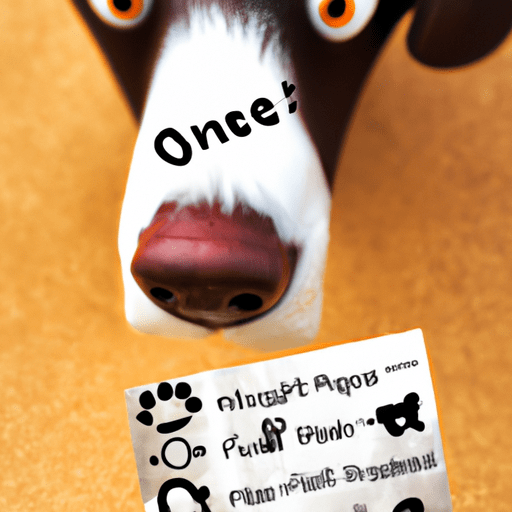The common notion that dogs and chocolate don’t mix is more than just an old wives’ tale. It’s a potentially lethal combination that many pet owners are unaware of. Let’s delve into the reality of chocolate toxicity, why it’s harmful to dogs, and what to do if your pooch accidentally consumes chocolate.
Table of Contents
- Understanding Chocolate Toxicity in Dogs
- Why is Chocolate Harmful to Dogs?
- What Types of Chocolate are Dangerous?
- Symptoms of Chocolate Poisoning
- What to Do if Your Dog Eats Chocolate
- FAQ
Key Takeaways
- No amount of chocolate is safe for dogs.
- The toxicity of chocolate in dogs varies depending on the type and quantity consumed.
- The sooner you seek treatment for a dog that has ingested chocolate, the better the prognosis.
Understanding Chocolate Toxicity in Dogs
Chocolate is a treat for humans but a potential hazard for dogs. The culprit in chocolate is a group of stimulants known as methylxanthines, which include theobromine and caffeine. The levels of these substances vary with the type of chocolate, but all pose a risk to dogs.
Why is Chocolate Harmful to Dogs?
The reason chocolate is dangerous for dogs is due to their inability to metabolize theobromine and caffeine. While humans can process these stimulants fairly quickly, dogs take much longer. This results in a buildup of these toxins in a dog’s system, leading to potential theobromine poisoning.
To learn more about the dangers of chocolate for dogs, you can check out this article from PetMD.
What Types of Chocolate are Dangerous?
The general rule is that the darker and less sweet the chocolate, the more dangerous it is. Different kinds of chocolates have varying levels of theobromine:
- White Chocolate: This contains minimal amounts of theobromine, but it’s still not recommended for dogs due to its high sugar and fat content.
- Milk Chocolate: This contains more theobromine than white chocolate. A small piece might not harm a large dog, but it could still pose a risk to smaller breeds.
- Dark Chocolate and Semi-sweet Chocolate: These contain high levels of theobromine and are very dangerous to dogs.
- Unsweetened Baking Chocolate and Cocoa Powder: These have the highest levels of theobromine and are the most toxic to dogs.
You can find more details on how much theobromine is contained in different types of chocolate here.
Symptoms of Chocolate Poisoning
Signs of chocolate poisoning in dogs include:
- Restlessness
- Increased urination
- Diarrhea
- Vomiting
- Rapid breathing
- Abnormal heart rhythm
- Seizures
If you notice any of these signs, you should contact your veterinarian immediately.
What to Do if Your Dog Eats Chocolate
If your dog consumes chocolate, it’s crucial to act fast. Try to determine the type and amount of chocolate eaten, as this information will help your vet decide the best course of action.
In some cases, inducing vomiting may be beneficial, but only do this under the guidance of a vet. Never attempt to induce vomiting if your dog is unconscious, having seizures, or if it has been more than two hours since the chocolate was consumed.
For more tips on pet care, check out these articles on Onetopdog, dog nutrition, and dog wellness.
Frequently Asked Questions
Q: Can dogs eat white chocolate?
A: While white chocolate contains minimal amounts of theobromine, it’s still not recommended due to its high sugar and fat content.
Q: How much chocolate can a dog eat without getting sick?
A: No amount of chocolate is safe for dogs. If your dog has ingested any chocolate, seek veterinary advice immediately.
Q: What should I do if my dog ate chocolate but seems fine?
A: Even if your dog isn’t showing symptoms, if they’ve eaten chocolate, they should be evaluated by a vet. Symptoms of chocolate poisoning can take several hours to appear.
In conclusion, no dogs should eat chocolate. If your dog has ingested chocolate, it’s essential to seek veterinary help immediately. Remember, prevention is the best cure. Keep chocolate out of reach and educate others about the dangers of chocolate to our furry friends.



